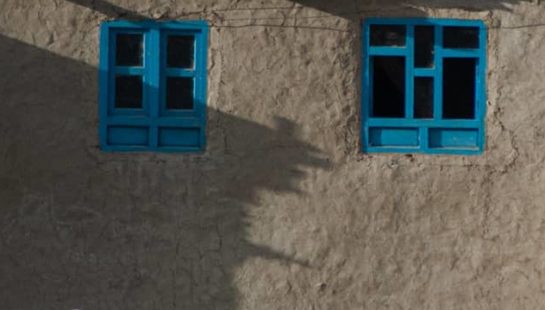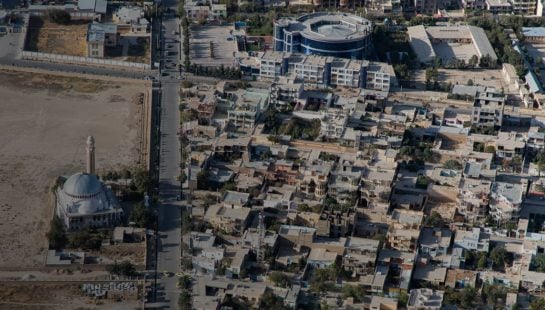Afghanistan Still In Crisis
While Afghanistan may have fallen from news headlines in Australia, the country is still in crisis.
Today more than nine million Afghan people are displaced, many of them losing their homes when the Taliban took control in August 2021.
Recent earthquakes have taken lives and destroyed hundreds of homes, while a harsh winter is forcing those in poverty – especially women and children – to choose between their next meal or staying warm. The COVID-19 pandemic has impacted an already fragile healthcare system, leaving many in need of urgent care.
‘But amid such heartache, God has created an opportunity to provide hope,’ says Melissa Lipsett, CEO of Baptist World Aid.
Supporting Emergency Mobile Health And Nutrition Clinics
Using funds given through our ongoing humanitarian response, Baptist World Aid stands ready to support emergency mobile health and nutrition clinics in places like Afghanistan.
The clinics will provide Afghans with humanitarian aid, including:
- primary health care focusing on women and children;
- safe pregnancy deliveries, antenatal and postnatal care;
- psychosocial support to care for people’s mental health and wellbeing;
- screening and treatment for malnutrition;
- behaviour-changing activities focused on health, nutrition and hygiene – to reduce the incidence of disease and save lives.
Through the generosity of God’s people, since Baptist World Aid launched an appeal six months ago, we have been able to assist our Christian Partners in providing help for Afghans in need.
This includes providing a monthly cash assistance for displaced families on the Afghanistan and Pakistan border to buy food and household essentials. We also gave families money to purchase winter kits with blankets, mattresses, pillows, plastic sheets and warm clothes.
Crisis In Afghanistan Far From Over
The crisis is far from over. Decades of instability – compounded by the Taliban’s takeover and an ongoing pandemic – has created a desperate situation for many families forced to flee their homes.
Around 80 percent of those displaced are women and children.
If we are to take our faith and shared humanity seriously, Melissa says we must speak up for those who are vulnerable and ‘can’t speak for themselves.’
‘But speaking also needs to be translated into effective and generous actions, and that means increasing our humanitarian response and refugee intake for Afghan families,’ she says.
Six months on, the heartbreak continues – but so does hope. It is imperative that Australians continue to grapple with this humanitarian crisis and provide help.



 Matthew Smeal
Matthew Smeal

 Baptist World Aid
Baptist World Aid